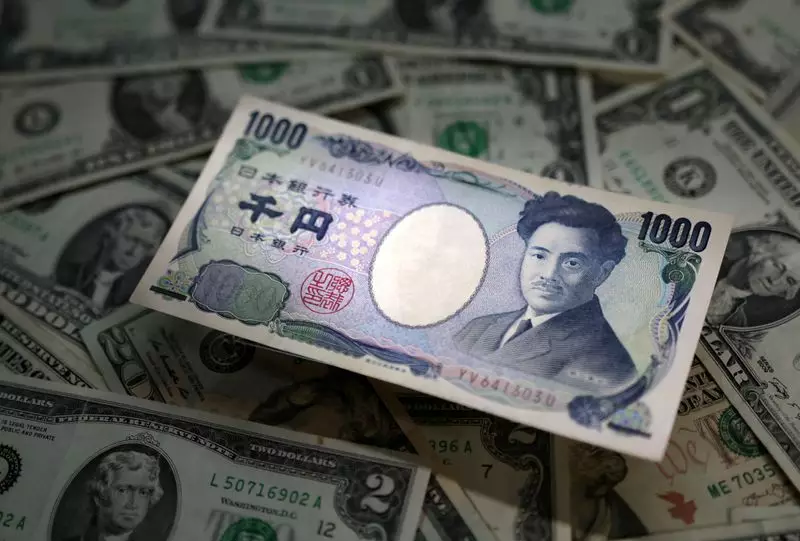The currency markets are witnessing a noteworthy shift as the yen continues to grapple with its lowest levels in three months, an outcome influenced significantly by the recent electoral landscape in Japan. The political dynamics following the loss of a parliamentary majority by Japan’s ruling coalition have created an atmosphere of uncertainty that has essential implications for the country’s economic policies, leaving traders and investors wary.
In the wake of the weekend elections, Japan’s Liberal Democratic Party (LDP) and its ally, Komeito, succeeded in capturing 215 seats in the lower house of parliament but fell short of the 233 required for a governing majority. This shortfall has resulted in a political impasse that is likely to lead to protracted negotiations to form a viable coalition. Such uncertainty raises concerns regarding the immediate fiscal and monetary policies the country might adopt.
Currency analysts have indicated that the current political turmoil could lead to looser fiscal policies than previously anticipated. Carol Kong, a currency strategist at Commonwealth Bank of Australia, noted that the outcome of the elections might push the Bank of Japan (BOJ) into maintaining its policy interest rates for an extended period amidst a backdrop of increased financial market volatility. As the yen struggles against major currencies, it has been unable to establish a durable footing, reaching as low as 153.885 yen per dollar.
On the other hand, the U.S. dollar appears to be on a stronger footing. Currently, it is enjoying its most robust month in two and a half years, buoyed by a range of economic indicators that showcase the stability and resilience of the U.S. economy. The greenback is experiencing upward momentum, with expectations for a gain of around 3.5% against a basket of currencies. Such performance can be partially attributed to market anticipations surrounding the upcoming U.S. presidential election and its potential impact on the dollar.
The potential success of Republican candidate Donald Trump is creating ripples in the foreign exchange markets due to his administration’s proposed economic policies, which are largely perceived as inflationary. An increase in tariffs, along with modifications in tax and immigration policies, may create a more favorable environment for the dollar while simultaneously raising concerns about bond markets.
Upcoming economic releases, particularly the U.S. core personal consumption expenditures (PCE) price index and the nonfarm payroll report, are being closely monitored, as they could sway monetary policy decisions from the Federal Reserve. Market watchers like Ray Attrill at National Australia Bank emphasize the significance of these reports, highlighting that the employment numbers and PCE figures will be instrumental in determining market sentiment and positioning going forward.
As the dollar maintains its steady course, other major currencies like the euro and the British pound have also shown resilience. The euro has seen slight gains, while the pound continues to hover near $1.2976. However, the performance of the Australian dollar has been less than stellar, recently hitting a two-month low against the dollar. Analysts are cautioning that this particular currency could face significant challenges, particularly in the event of a broader negative reaction in emerging markets, which may occur following the U.S. election results.
The emerging market currencies are particularly sensitive to shifts in investor sentiment and the geopolitical landscape, and as such, they remain under scrutiny amid the ongoing uncertainties in the U.S. political scene. China’s yuan is also facing pressure, currently standing at 7.1447 per dollar in offshore markets, reflecting the broader cautious sentiment prevailing in the global econometrics.
The interplay between Japan’s political instability and the rising strength of the U.S. dollar signifies a pivotal moment in the currency markets. As the yen continues to falter under the pressure of domestic uncertainties, the dollar’s resilience coupled with pivotal economic data releases will likely dictate market movements in the coming days. Investors and analysts alike must remain attentive to these developments, which could signal broader shifts across the global economic landscape.

